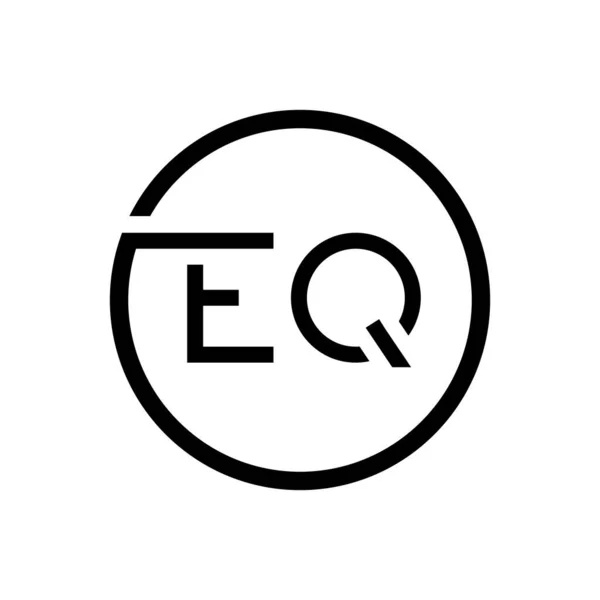
This isn’t to say that the importance of EQ means leaders don’t need any technical skills or knowledge – they do. The ability to understand those around you, as well as being aware of your own strengths and weaknesses, means individuals are much better positioned to build meaningful relationships, both with other employees and with potential customers/clients. Regardless of how you define great leadership, EQ is fundamental to it. As these are the types of characteristics associated with people who better understand themselves, their surroundings, as well as being able to empathise and engage with other people, EQ is certainly something that shouldn’t be ignored. It isn’t to be confused with being emotional, in fact, it represents the complete opposite – a state of emotional control and management based on your surroundings and situation. This, however, can largely be to the detriment of the potential success of that organisation or business.ĮQ is described as the ability for individuals to identify, evaluate, control and express emotions. Our obsession with IQ and a quantifiable ranking of intelligence means that organisations and businesses often fail to highlight and reward the skills that are associated with EQ. It is regarded as having a strong correlation in relation to an individual’s performance within a business, and is hugely influential in how that individual sees themselves and others.īut if it can be a good indication of an individual’s ability to lead and contribute to teams within a business, why is it ignored by many organisations?Įmotional intelligence has often been overshadowed by the widely used and accredited IQ (a measure of intelligence).

Emotional Quotient (EQ), often referred to as “emotional intelligence,” is a defining factor in shaping the success of individuals and businesses.


 0 kommentar(er)
0 kommentar(er)
